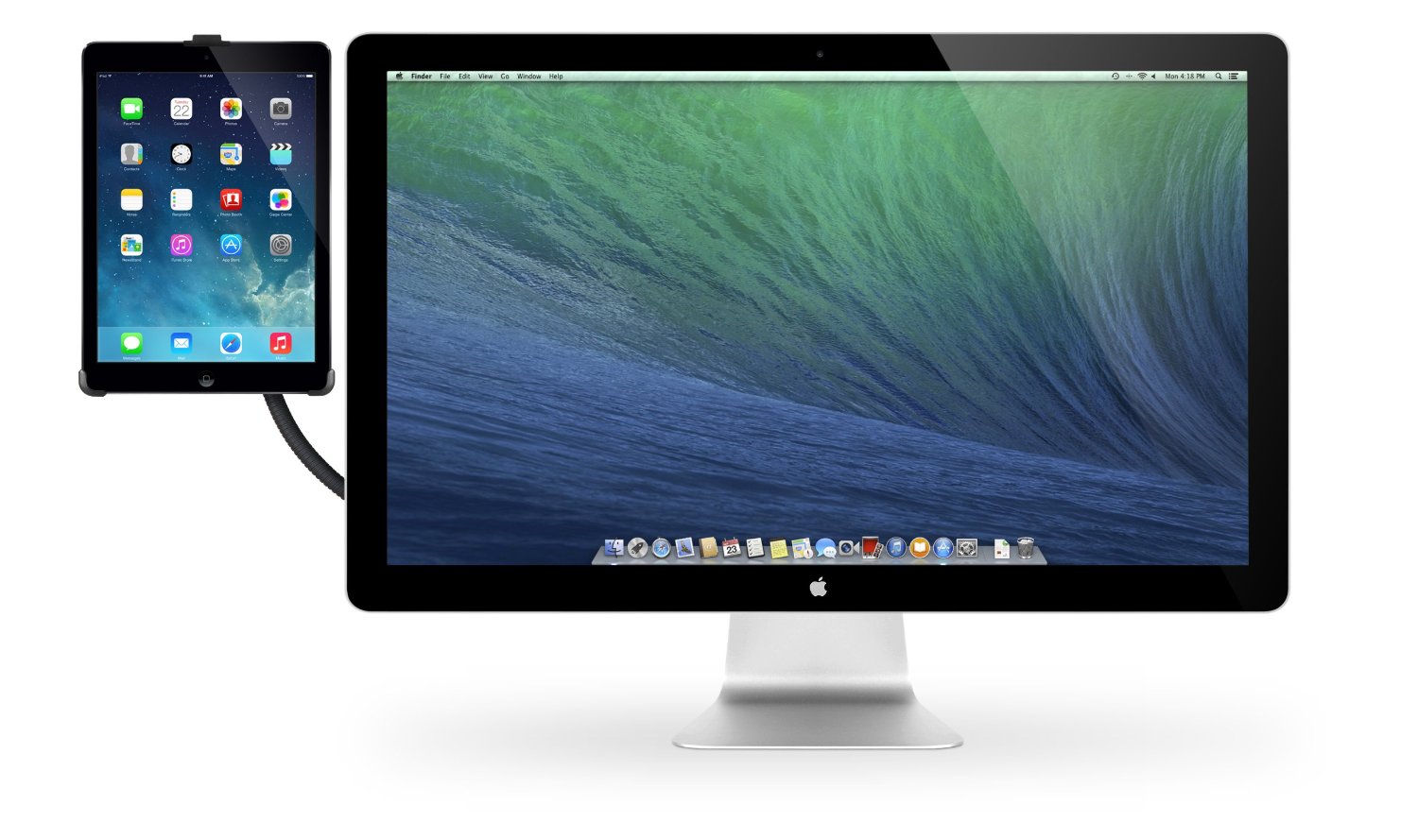Amazon Kindle Is Going International
0
After months of waiting, the UK fans will finally get their chance to adopt Amazon Kindle as their e-book reader. While many have considered Amazon Kindle to be to Amazon what the iPod was to Apple, Amazon has been very conservative with its globalization plans. One of the biggest challenges for Amazon has been addressing the issue of Internet connectivity in Europe and other continents for that matter. Sprint did step up in the U.S. to provide free wireless connectivity to the Kindle owners. But the systems and protocols are often different in Europe. The wireless connection is a big part of Kindle experience, so Amazon can’t afford to launch its device in a brand new market without a wireless partner.
In the case of the UK, Amazon and Qualcomm have been working closely to get Amazon Kindle ready to handle Qualcomm’s CDMA network. That seems to have been the issue that has held up the Kindle from being released to the market in those areas. But it remains to be seen how Amazon handles a brand new market that is much different what we have in the U.S. I still believe that Amazon’s business model is too susceptible to market conditions. Amazon is offering free wireless service for the life of each Kindle and charging for it up-front. But wireless companies are out to make a profit as well. There is no secret that Sprint is struggling to generate some positive momentum in its core business. Would it be too difficult to imagine that Amazon may be forced to change its business model to accommodate its wireless partner?
Amazon does have other options just in case one of its partners go belly up. But it’s not certain how Kindle owners will be affected until that happens. Peek’s business model (which is somewhat similar to that of Amazon but includes monthly subscriptions as well) seems to be more sustainable for the long run, so I wouldn’t be surprised if Amazon went in that direction.
Your take: should Amazon change its business model? Should Amazon focus more on redesigning Kindle than going international considering that the hardware business is not the company’s core competency?










